Threat to G-Suite apps?
G Suite applications face a huge threat of data breach if IP restriction is not enabled. Since G Suite applications can be accessed anywhere, at any time, and on any device by any user of an organization (depending on access control) it has attracted the attention of hackers who are constantly trying to exploit the bugs present in the G Suite apps to access company sensitive data. This sensitive data is prone to attacks and constant threats of data leaks. So how can you secure G Suite apps? G Suite apps can be secured from unauthorized user access by setting up IP restrictions with a reverse proxy server. First, let’s see what is IP restriction?
What is IP restriction?
IP restriction simply means, to restrict access to something on the basis of the IP addresses. By enabling IP restriction, only certain admin users and other users will have access control for the cloud application (such as G Suite apps) to be protected. IP restriction allows a company’s organization to prevent access to files and folders, from any user whose IP address has not been whitelisted. So IP restriction becomes an incredible security feature to prevent unauthorized access and set user access control for company resources.
With a reverse proxy server, you can set G Suite IP restriction to set access control to your Google apps based on the whitelisted IP addresses. This way you can restrict users by IP and prevent unauthorized access with Google Workspace IP restriction (G Suite IP Whitelist).
Google Workspace IP restriction rules allow your organization’s admin to allow or restrict access to certain IP addresses or an entire range of IP addresses. This way an organization can secure their data from unauthorized, unregistered, and public users on a foreign network from accessing their personnel and business-related data stored on G Suite apps by enabling IP restriction with reverse proxy. A point to be noted about Google Workspace IP restriction, this security feature can be implemented for individual G Suite apps as well. Meaning, you can individually set access control and restrict access to google sheets, docs, slides, etc as per admin and company needs. The most prevalent in-use example of G Suite IP restriction is that of creating security groups for Google Data Studio. In this case, the admin can configure and whitelist IP addresses that should be allowed access to the Google Data Studio according to user groups that need it. The admin can later also configure the access control settings and remove the group as per the company’s needs or add another group of IP addresses at the same time.
TOP 5 benefits of enabling IP restriction to secure G Suite apps, with a reverse proxy server:
1. Prevent access from any user on a foreign network.
2. Monitor traffic and check where the access requests come from.
3. Restrict an entire range of IP addresses of users with Google Workspace IP Restriction.
4. You can also enter specific IP addresses of certain users from accessing G Suite apps.
5. No need to install third-party software for user authentication.
Implementing Google Workspace IP restriction.
Let’s see how Google Workspace IP restriction works with an example,
Let’s say a company is using G Suite Apps for their daily information workflow. The company has enabled IP restriction with a reverse proxy and has whitelisted all the IP address ranges for the company network.
Suppose there are 2 users: Jayden and Lexi in the organization. Jayden is on the company network and Lexi is not on the company network. A reverse proxy can be configured to allow or block users with Google workspace IP restriction.
Since Jayden is on the company network, his IP address will be whitelisted by the reverse proxy server. Hence, he will be authorized to use the G Suite apps. Since Lexi is not on the company network, her IP address will not be whitelisted by the reverse proxy server. Hence, she will not be authorized to access any of the Google Workspace apps.
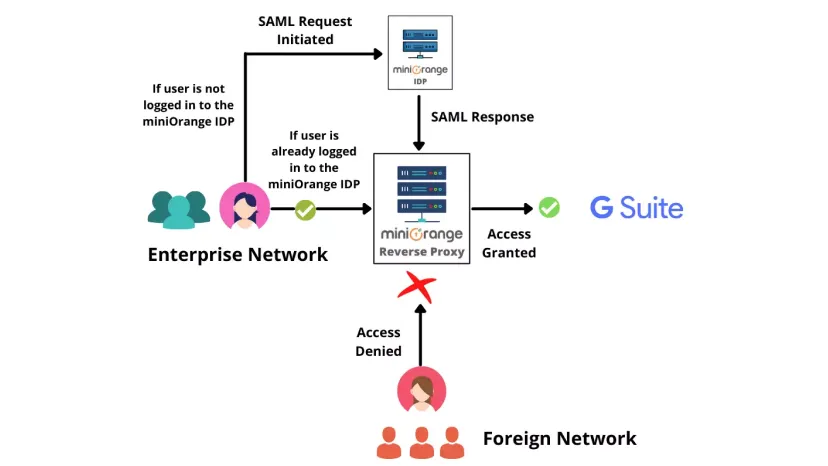
In Summary
Reverse Proxy is the best practice that allows you to set access control over applications (like Google Workspace) by enabling IP restriction. We can configure which IP address from a particular network should gain (or be denied) access, in order to secure Google Workspace apps (G Suite) and prevent unauthorized access requests from devices operating on a foreign network.
This way you can easily secure your Google Business and Google education apps to provide the most effective security and productive environment for your group.
So what are you waiting for? Drop us a query at proxysupport@xecurify.com and we will get right back to you to address all your needs.
Reference links
Author
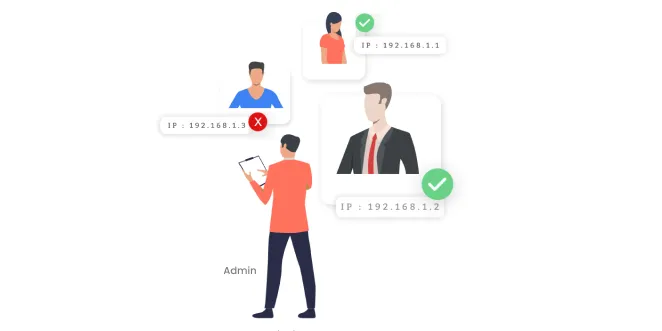
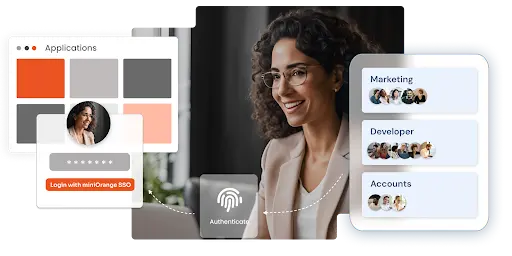
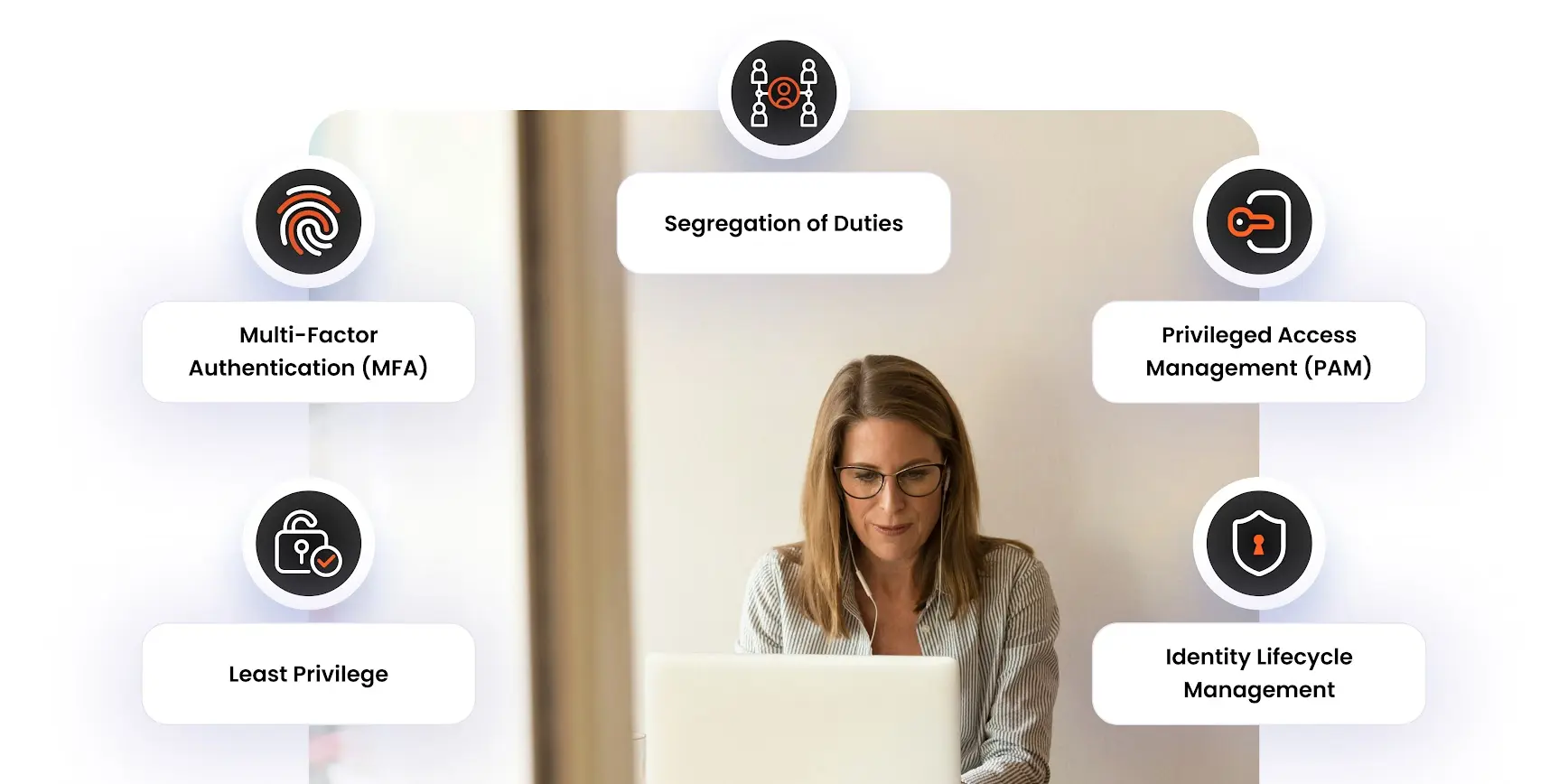
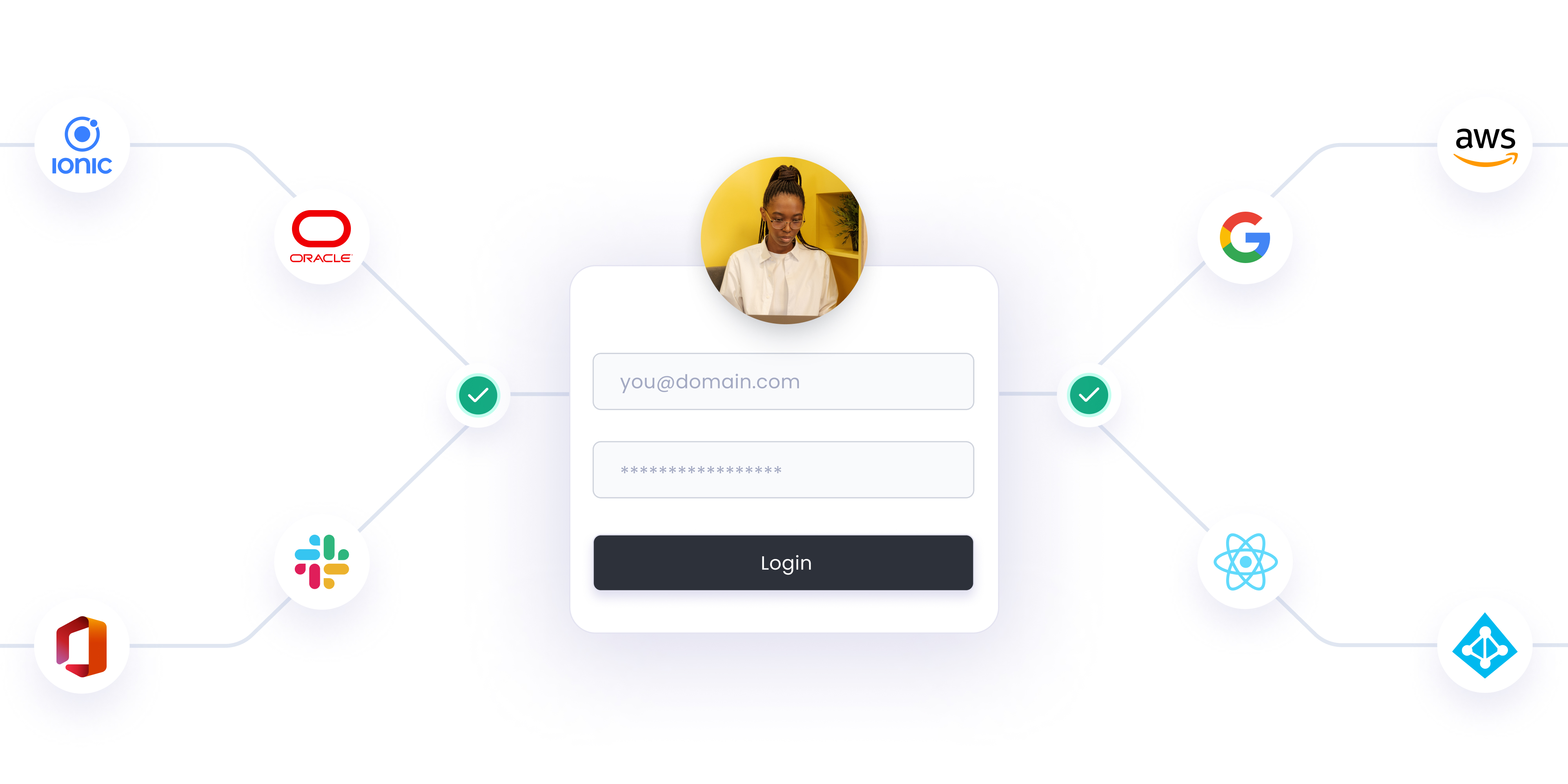

Leave a Comment